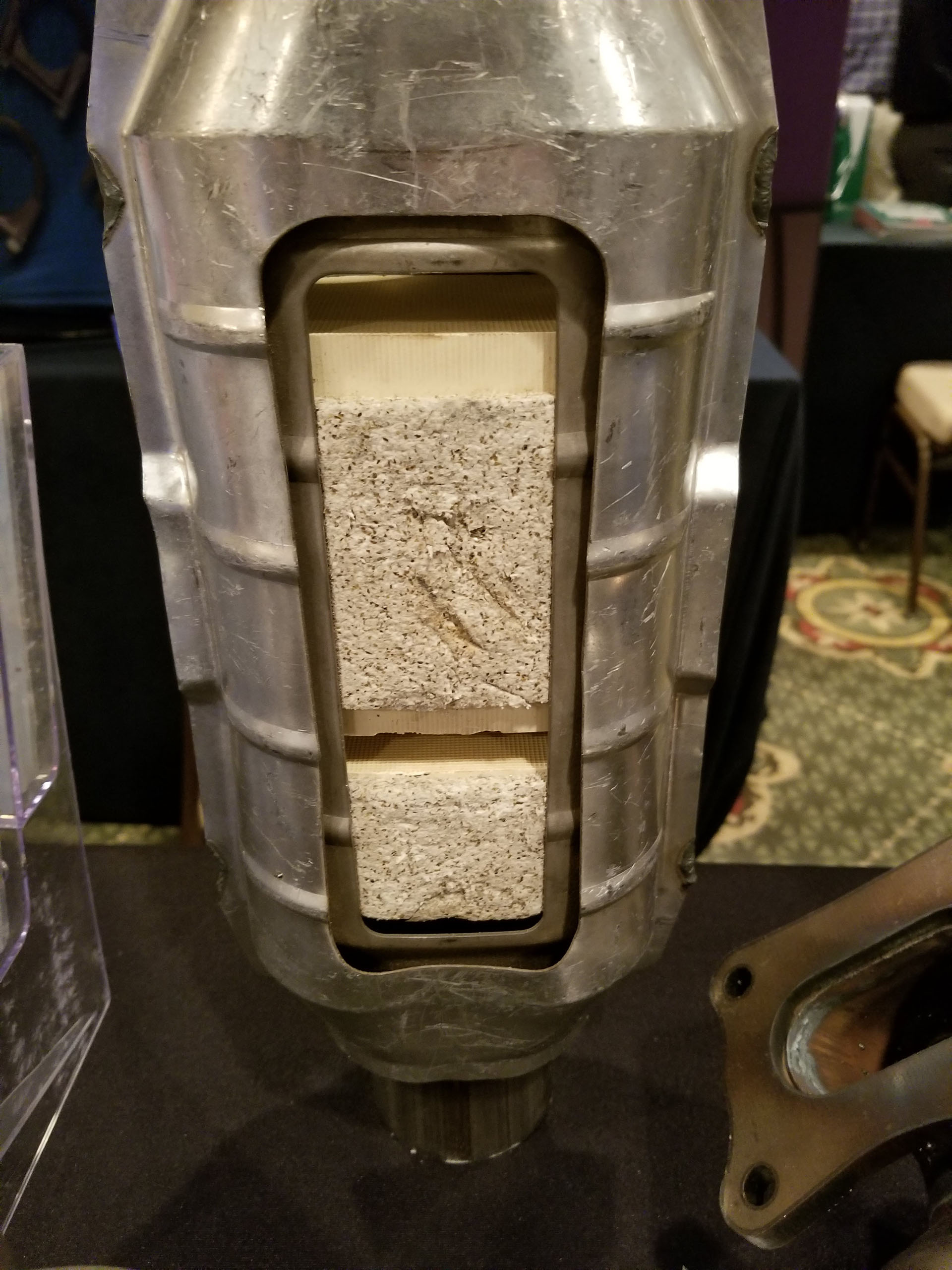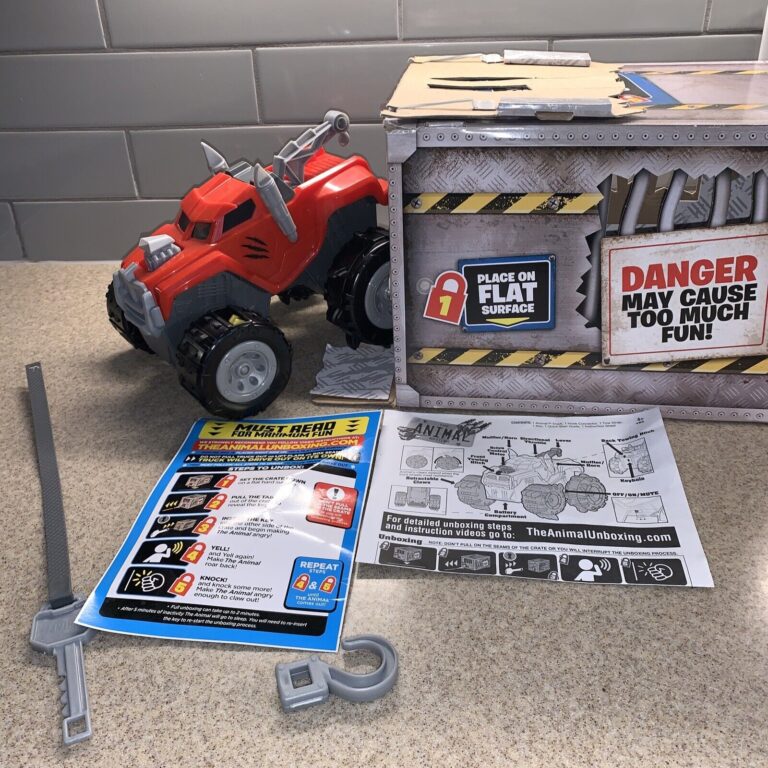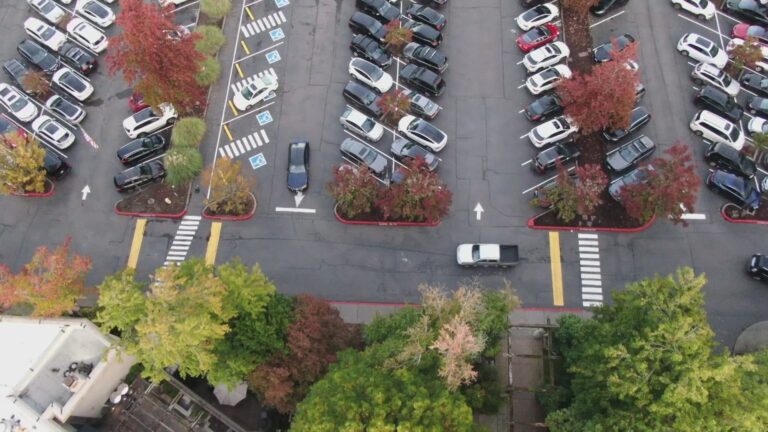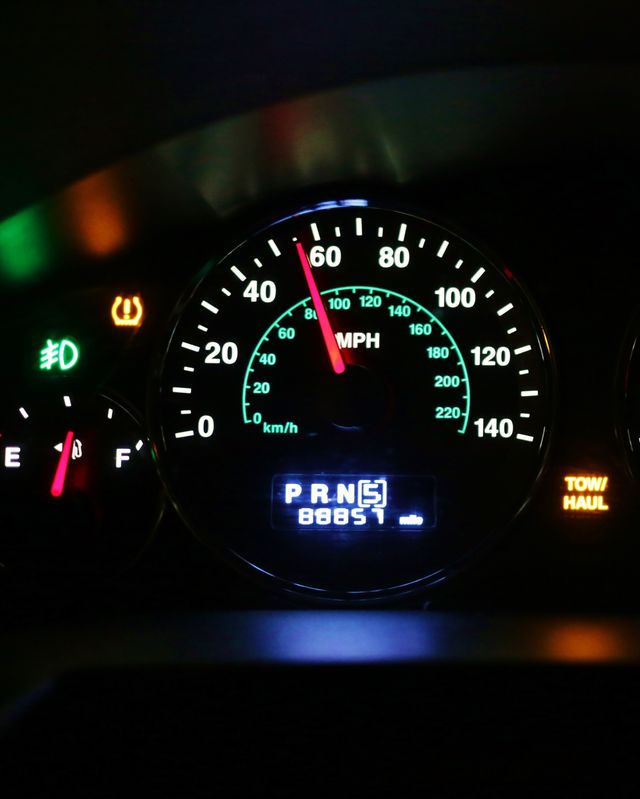Cutting the Costs: Installing a Catalytic Converter Made Affordable
Installing a catalytic converter typically costs between $500 and $2,500. Installing a catalytic converter is an essential part of maintaining and optimizing the performance of a vehicle’s exhaust system.
It is responsible for reducing harmful emissions and meeting emission standards set by regulatory bodies. The cost of installation can vary depending on several factors, including the make and model of the vehicle, the type and quality of the catalytic converter, and the labor fees charged by the mechanic or auto repair shop.
In some cases, additional repairs or replacements may be necessary, which can further increase the overall cost of the installation. However, it is always recommended to consult with a professional mechanic for an accurate estimate based on your specific vehicle and requirements.
The Importance Of A Catalytic Converter
The Importance of a Catalytic Converter
A catalytic converter plays a crucial role in controlling emissions in vehicles, making it an essential component for a cleaner environment. By converting harmful gases into less harmful substances, it helps in reducing air pollution and improving the overall air quality. Not only is a catalytic converter important from an environmental perspective, but it is also a legal requirement in many countries.
Installing a Catalytic Converter in Your Vehicle
When it comes to installing a catalytic converter, the cost can vary depending on various factors. The primary factors that influence the cost include the make and model of your vehicle, the type of catalytic converter required, and whether you choose an original equipment manufacturer (OEM) or an aftermarket converter.
It’s important to note that installing a catalytic converter should be done by a professional. While the cost of installation may add to the overall expense, it ensures that the installation is done correctly and efficiently, maximizing the performance of the converter.
| Factors Influencing Cost | Approximate Range |
|---|---|
| Vehicle Make and Model | $100 – $1,000+ |
| Type of Catalytic Converter | $100 – $1,500+ |
| OEM or Aftermarket Converter | $100 – $500+ |
Why a Catalytic Converter is Crucial for Emissions Control
A catalytic converter helps in reducing harmful emissions such as carbon monoxide, nitrogen oxides, and hydrocarbons. These emissions can have detrimental effects on both human health and the environment. By transforming these pollutants into less harmful substances, a catalytic converter contributes to cleaner air, preventing respiratory illnesses and global warming.
Regular maintenance and inspection of your catalytic converter are necessary to ensure its effectiveness and longevity. It’s important to address any issues or damage promptly, as a malfunctioning or damaged converter can lead to increased emissions, reduced fuel efficiency, and potential damage to other engine components.
The Role Of A Catalytic Converter In Emissions Control
The catalytic converter plays a crucial role in controlling harmful emissions from vehicles. Its main function is to convert toxic gases produced during combustion into less harmful substances. This helps in minimizing the impact of vehicle emissions on the environment.
A properly functioning catalytic converter significantly reduces the level of pollutants emitted into the atmosphere. It achieves this by using a combination of catalysts and chemical reactions to convert carbon monoxide (CO), nitrogen oxides (NOx), and hydrocarbons (HC) into carbon dioxide (CO2), nitrogen (N2), and water vapor (H2O).
The reduction of harmful emissions is vital for combating air pollution and its associated health risks. By installing and maintaining a catalytic converter, vehicle owners contribute to a cleaner and healthier environment. The cost of installing a catalytic converter varies depending on the make and model of the vehicle, with prices ranging from $100 to $250.
The High Cost Of Catalytic Converters
|
The cost of installing a catalytic converter can vary depending on several factors. One of the main factors contributing to the high prices of catalytic converters is the materials used in their construction. These devices contain precious metals such as platinum, palladium, and rhodium, which are expensive to extract and refine. Additionally, the complexity of the installation process can also drive up the cost. Catalytic converters are typically located underneath the vehicle and may require specialized equipment and tools to be removed and replaced. Furthermore, the increasing demand for catalytic converters due to stricter emissions regulations has also contributed to their high prices. As a result, the financial burden of catalytic converter replacement can be significant for vehicle owners. It is recommended to consult with a trusted mechanic to get an accurate estimate for the cost of installing a catalytic converter. |
Affordable Ways To Install A Catalytic Converter
Affordable Ways to Install a Catalytic Converter:
When it comes to installing a catalytic converter, there are several cost-effective options to consider. One alternative to purchasing a brand-new converter is to opt for a used or remanufactured one. These can often be found at a lower price without compromising on quality. In addition, you can also explore aftermarket catalytic converters, which are designed to be budget-friendly while still meeting emissions standards.
Another option to consider is visiting a local exhaust shop rather than a dealership. These shops often offer competitive prices for installation services and may even be able to source the catalytic converter for you at a lower cost.
If you have a knack for DIY projects, you may even choose to install the catalytic converter yourself. However, it is important to note that this requires a certain level of technical expertise and may not be suitable for everyone.
By exploring these cost-effective options and alternatives, you can minimize the expenses associated with installing a catalytic converter without compromising on its efficiency and performance.
Buying A Used Catalytic Converter
Buying a Used Catalytic Converter:When considering buying a used catalytic converter, there are pros and cons to take into account. The main advantage is the potential cost savings compared to purchasing a new one. Used converters are often considerably cheaper, making them a more budget-friendly option. However, it’s important to be cautious when buying a used converter as there are several risks involved.
The pros of buying used:
– Cost savings compared to new converters.
– Availability of older, hard-to-find models.
The cons of buying used:
– Reliability can be a concern since the converter may have worn out over time.
– Compatibility with your vehicle may be an issue if the used converter is not the correct model for your car.
– Limited warranty or potential absence of any warranty on used converters.
To ensure the quality and compatibility of a used catalytic converter, it is crucial to research and verify its condition before purchase. Consider buying from reputable sellers or salvaged auto parts shops that offer reliable warranties or return policies. It is also recommended to consult a mechanic or an expert to ensure the compatibility of the used converter with your specific vehicle make and model. By taking these steps, you can minimize the risks associated with buying a used catalytic converter.
Aftermarket Catalytic Converters
When installing a catalytic converter, it is important to consider the cost and the different options available. One option is to choose an aftermarket catalytic converter. Aftermarket converters can offer a more affordable alternative to original equipment manufacturer (OEM) converters, but it is crucial to understand the options available in order to make an informed decision.
When considering aftermarket options, it is essential to find reputable brands and models that are compatible with your specific vehicle. Researching and reading reviews can help you determine which aftermarket catalytic converters have been successful for others in terms of performance and durability.
Some popular aftermarket brands include MagnaFlow, Flowmaster, and Bosal. These brands offer a range of converter options that cater to different vehicle makes and models, allowing for a precise fit. Additionally, several aftermarket converters meet EPA standards and legal requirements, providing an environmentally-friendly solution.
Catalytic Converter Recycling And Refurbishing
The cost of installing a catalytic converter can vary depending on various factors, such as the type of vehicle, the location, and the specific converter being installed. However, opting for recycling and refurbishing services can provide several benefits. Firstly, by recycling your old catalytic converter, you can contribute to the conservation of valuable resources and reduce waste. Many recycling companies also offer cash incentives in exchange for the converter. Moreover, refurbishing services can help extend the lifespan of your catalytic converter, saving you money in the long run. To find reliable recycling and refurbishing services, it is recommended to conduct thorough research and read customer reviews. Additionally, reaching out to local automobile associations or seeking recommendations from trusted mechanics can help you make an informed decision. By considering recycling and refurbishing options, not only can you contribute to environmental sustainability, but you can also save money on installation costs.
Cost-saving Tips For Installing A Catalytic Converter
Cost-Saving Tips for Installing a Catalytic Converter
Maintaining your vehicle’s emissions system is crucial for both the environment and your engine’s performance. When it comes to installing a catalytic converter, there are strategies you can employ to reduce the overall expenses. One cost-saving option is to consider a DIY installation. By doing it yourself, you can save significantly on labor costs. Additionally, many auto parts stores offer a wide selection of catalytic converters at competitive prices. Comparing prices and selecting a high-quality converter that fits your vehicle can help you save money.
Moreover, it’s essential to research and understand the specific emission requirements for your vehicle. By ensuring you purchase a catalytic converter that meets these requirements, you can avoid potential damage to your engine and costly repairs in the future. Regular maintenance and care for your catalytic converter can also extend its lifespan, saving you from frequent replacements. By following these strategies, you can install a catalytic converter while keeping costs to a minimum.
Identifying Local Government Assistance Programs
Researching grants and rebate programs offered by local authorities can help you find financial aid for catalytic converter installation. These programs are designed to assist individuals and businesses in reducing emissions and improving air quality. They provide funding to cover a portion or all of the costs associated with installing a catalytic converter.
To identify local government assistance programs, start by contacting your city or county’s environmental department. They can provide information on any available grants or rebates specifically for catalytic converter installation. You can also check the websites of government agencies, such as the Environmental Protection Agency (EPA), for information on federal programs that may be available in your area.
Additionally, organizations like the Department of Energy and the Department of Transportation may offer financial assistance for emissions reduction projects. Researching and applying for these programs can help offset the cost of installing a catalytic converter, making it more affordable for you.
Negotiating With Repair Shops And Dealerships
When it comes to negotiating the cost of catalytic converter installation, there are a few tips that can help you get the best deal. Firstly, it’s important to do your research and have an idea of the average cost of the installation in your area. This will give you a baseline for negotiation. Additionally, try to get quotes from multiple repair shops and dealerships to compare prices.
When you are ready to negotiate, be confident and assertive. Start by asking if the price is negotiable. If they say yes, don’t be afraid to make a counteroffer. Highlight any competitors’ lower prices or any discounts or special offers you may have found. Mentioning your loyalty to the shop or dealership can also be useful. Remember to be respectful and polite throughout the negotiation process.
Keep in mind that haggling may not always result in a significant reduction in price, but it is worth a try. Ultimately, the goal is to find a balance between the quality of service and the price you are willing to pay for catalytic converter installation.
Maintaining And Extending The Lifespan Of Your Catalytic Converter
Proper Care And Maintenance To Prevent Damage
Tips For Maximizing The Longevity Of Your Catalytic Converter
|
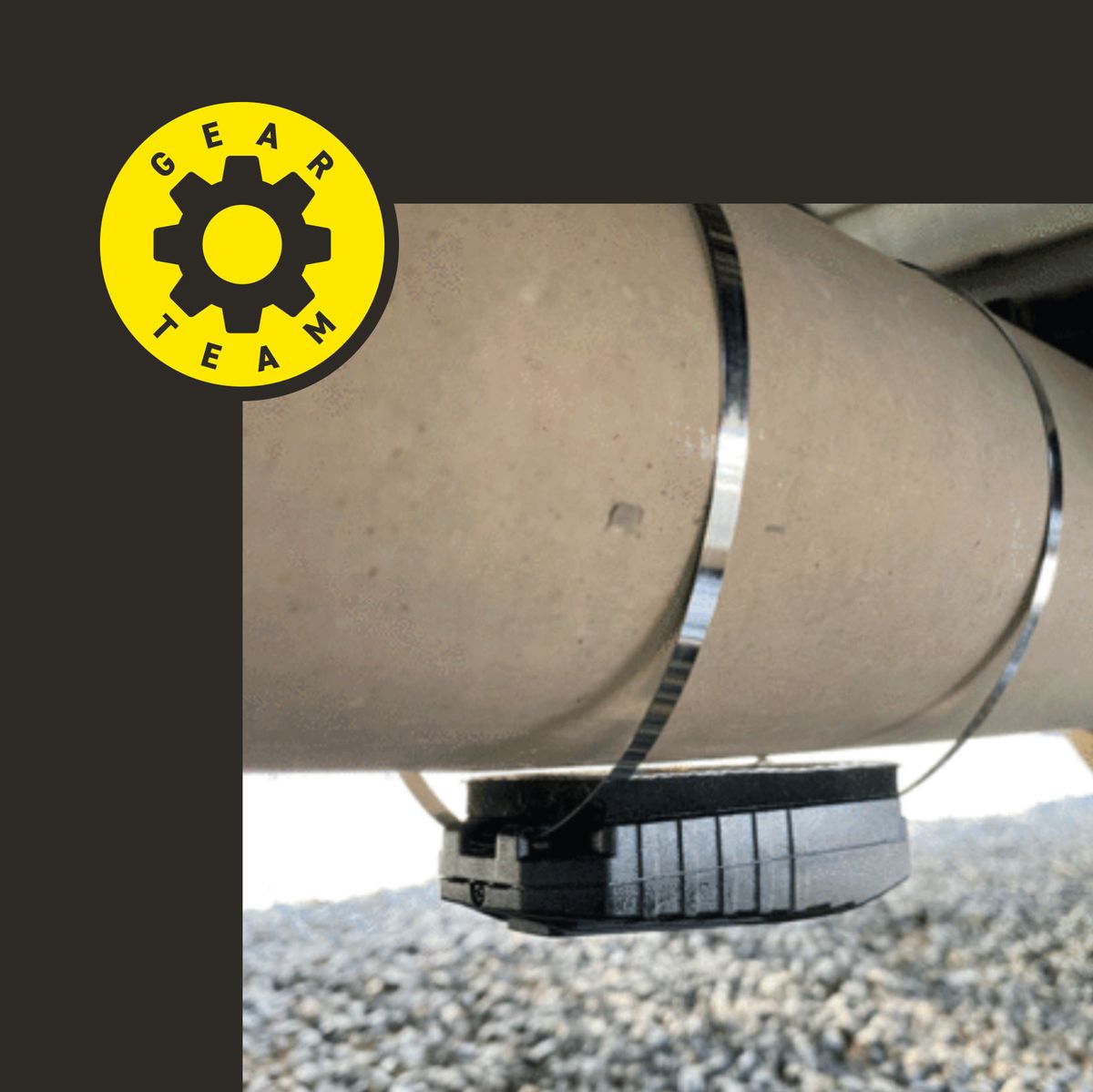
Credit: www.autoweek.com
Frequently Asked Questions Of How Much Does It Cost To Install Catalytic Converter
What Is The Average Cost To Install A Catalytic Converter?
The average cost to install a catalytic converter varies, but it typically ranges from $500 to $2,500. The exact price depends on factors like the make and model of your vehicle, local labor rates, and any additional repairs or parts needed.
Is It Worth Replacing A Catalytic Converter?
Yes, replacing a catalytic converter is worth it as it helps reduce emissions, keeps the vehicle running efficiently and can improve fuel economy.
Is It A Big Job To Replace A Catalytic Converter?
Replacing a catalytic converter is not a big job. It can be done relatively quickly and easily by a professional mechanic.
How Many Hours Does It Take To Install A Catalytic Converter?
It typically takes about 1-2 hours to install a catalytic converter.
Conclusion
To summarize, the cost of installing a catalytic converter can vary depending on several factors. The type of vehicle, the specific make and model, and the location of the installation can all contribute to the overall cost. It is crucial to consult with a trusted mechanic or exhaust specialist to obtain an accurate estimate.
Remember, investing in a high-quality catalytic converter is essential for a cleaner and more efficient vehicle. Protecting the environment and complying with emissions regulations is a responsible choice.
